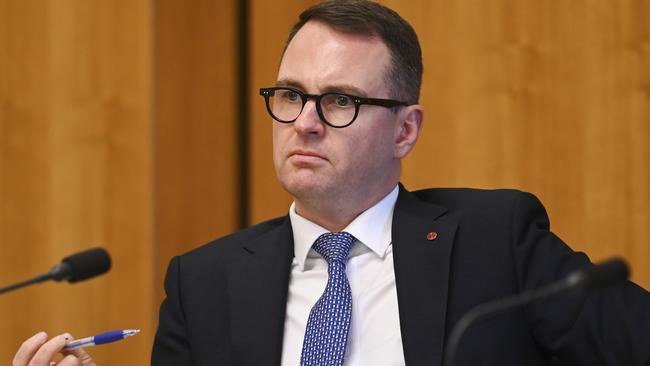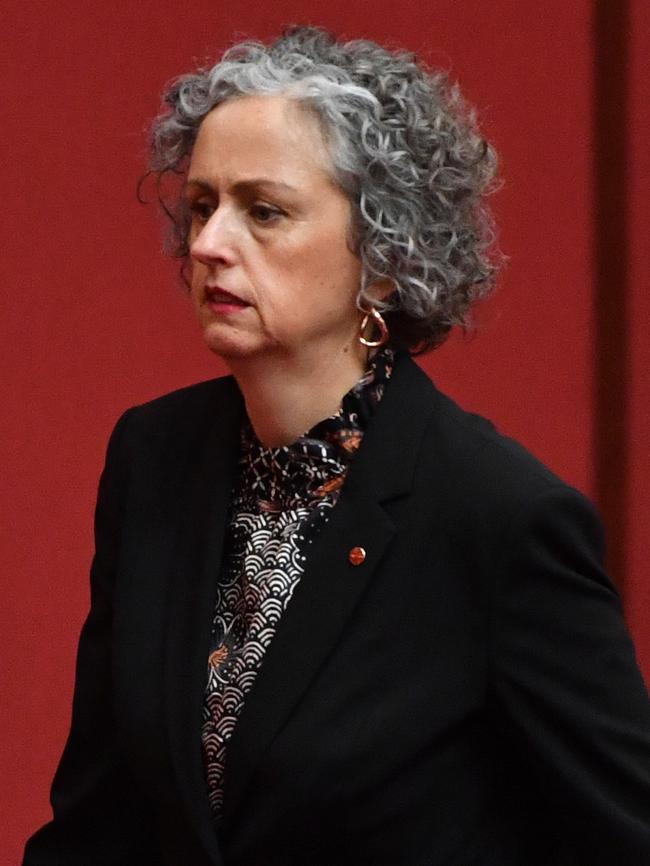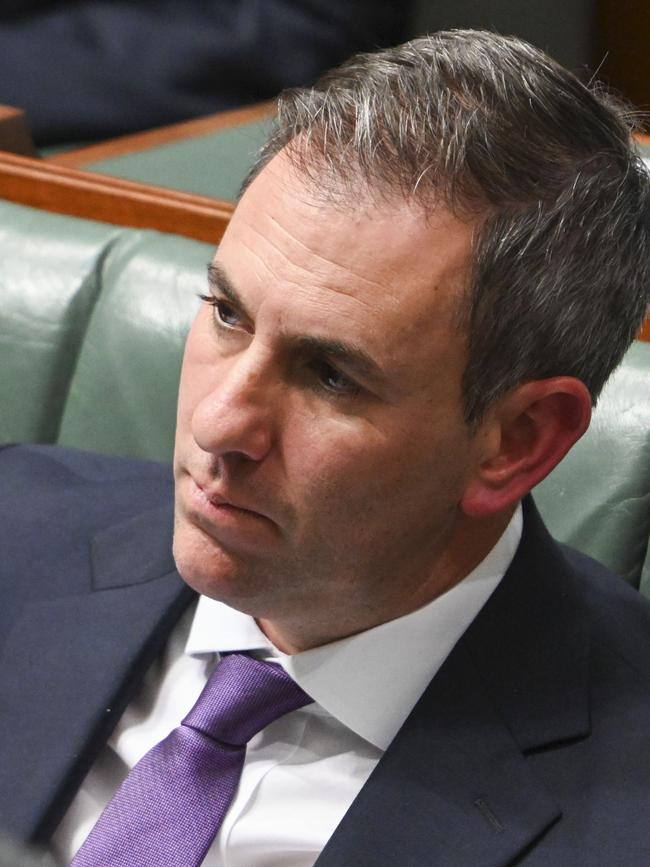Labor all but rejects radical proposal to split ASIC
Labor has all but rejected a radical proposal to split up the corporate regulator, despite senator Andrew Bragg’s inquiry finding ASIC had failed to protect Australians.

Labor has all but rejected a radical proposal to split up the corporate regulator, despite Liberal senator Andrew Bragg’s inquiry finding the Australian Securities & Investments Commission had failed to protect Australians.
The almost two-year Senate inquiry recommended breaking ASIC into two – one part focusing on companies, the other enforcement – as part of far-reaching reform to address, Senator Bragg said, the fact the commission had “clearly failed”.
Government committee members, Jess Walsh and Jana Stewart, said the inquiry’s suggestion that ASIC had “comprehensively failed” and it should be split reduced significant evidence to “little more than a headline”.
“The inquiry received useful evidence and suggestions … These have largely been ignored in the report, favouring a headline grab instead,” said deputy chair Senator Walsh.
She said government senators only had 24 hours to review and respond to the report.
Senator Bragg said the regulator had consistently failed to investigate and deter corporate crime – “failing to fulfil its sole mandate”. He blamed in part its ballooned remit. “ASIC conceded during the inquiry that its ‘very wide remit’ impacts its approach to regulatory activity,” the NSW senator said.
Chief among the 11 recommendations in the report tabled in the Senate late on Wednesday was the separation of ASIC into two bodies: a companies regulator and a financial-conduct authority.
“Separating this broad remit into two individual bodies will provide a more coherent and consistent approach to corporate regulation and law enforcement,” Senator Bragg said.

“We need regulators to be responsive and transparent, but most of all to be focused on enforcement.”
Some of the other 10 recommendations included: making it a “legislative requirement” that ASIC investigate misconduct at an “appropriate rate”; amending whistleblower-protections provisions to include incentive and compensation upon a substantiated disclosure; a stronger and quicker enforcement approach; new governance structures; and funding arrangements, with more derived from the proceeds of regulatory fines.
In a statement after the report’s release, an ASIC spokesman denied the commission was failing to enforce and prosecute corporate crime. He said the commission was in court “every day pursuing wrongdoing”, adding that last year alone it had launched 180 investigations, and it was already working with Jim Chalmers to act on recommendations from the Financial Regulator Assessment Authority’s review. On Sunday, the Treasurer said he had a “willingness to renovate and modernise” regulators, but accused the process and Senator Bragg of being “heavily partisan”. Dr Chalmers criticised the fact government committee members had so little time to consider the report before its release.
Senator Walsh said the recommendations “overshot the mark” and “missed an opportunity for bipartisan support”, saying that more moderate reforms had been overlooked.
In additional comments tabled with the report, the Labor senators accused the inquiry of simplifying complex issues, detracting from practical improvements already made to ASIC’s operations.

Although noting its “unique” broad remit, they said there was conflicting evidence as to whether it impeded the commission’s enforcement ability.
“The report does not further progress this longstanding debate, because it lacks detail on any potential model for separating the markets, corporations and financial services functions of the regulator, the time frame over which this might occur, and the process to achieve it,” the government senators said.
“It also does not properly weigh evidence presented to the inquiry in favour of ASIC’s broad remit.”
Ai Group chief executive Innes Willox urged caution when deciding to embark on drastic change.
“The key role and powers of corporate regulators should not be adjusted lightly,” Mr Willox said. “These recommendations should be treated with caution.”



To join the conversation, please log in. Don't have an account? Register
Join the conversation, you are commenting as Logout